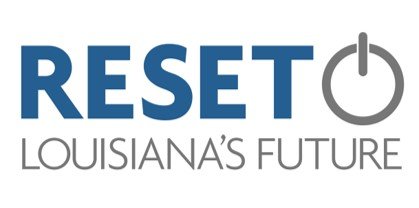David Jacobs | Mar 11, 2019
Three of Louisiana’s most prominent good-government groups are collaborating on an electoral agenda that they hope this year’s candidates will address, the head of one of those groups said Monday.
“Maybe this can be something that can take a little bit of the politics out of the election this year,” said Barry Erwin, president and CEO of the Council for a Better Louisiana. “I know that sounds crazy.”
Candidates and their consultants often try to “distract voters” with “hot-button issues” that draw attention away from serious policy discussions, Erwin said. But CABL, the Public Affairs Research Council of Louisiana and the Committee of 100 hope to craft an agenda that will help set priorities for the discussions and debates leading up to the state elections this fall, he said.
Erwin said the agenda will be released next month and cover four main categories: state fiscal policy, education, infrastructure, and criminal justice. While Erwin was not ready to discuss specifics during his presentation to the Baton Rouge Press Club on Monday, he suggested the proposals will not be particularly surprising.
“Our problem has not been that we don’t know what a lot of the solutions are,” he said. “Our problem has been that we have not had the political will to take the steps that we need to address those things.”
So how will this reform effort differ from past attempts? Erwin said the groups hope to engage with candidates early on, both to help them understand the issues and to get them to explain where they stand.
However, Erwin said it would be unrealistic to ask candidates to commit to backing the agenda as a whole, as some past efforts have. He added that frontrunners and high-profile candidates often don’t feel the need to endorse such agendas, while lesser-known candidates will sign on just to get attention.
Erwin said he’s hoping to create tool kits for organizations that will conduct candidate forums around the state as a way of keeping the issues at the forefront. If candidates hear the same questions over and over, they might feel obligated to have good responses.
After a “lost decade” focused on addressing budget crises and cutting spending, Erwin said, the state now has a measure of fiscal stability and an opportunity to look at the big picture.
